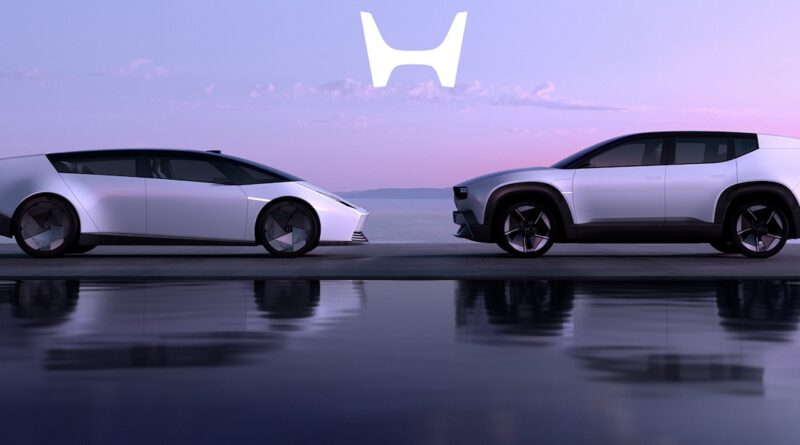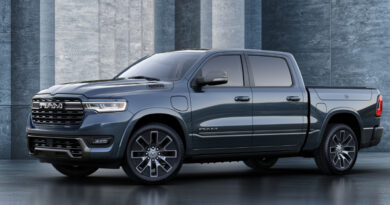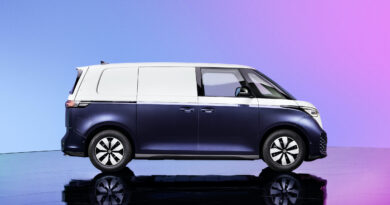Risen from the dead! Honda-Nissan merger reanimates with both still keen to join forces to fund future EV and next-gen tech
The reports of the death of the Nissan-Honda merger have been grossly exaggerated, says a new report, with both car-makers still fighting behind the scenes to save their marriage proposal.
According to the Financial Times, insiders are saying the merger to form the world’s fourth-biggest car-maker worth $US60 billion ($A95b) could still go ahead.
But the FT reports a significant if not impassable hurdle: Current Nissan CEO Makota Uchida would have to step aside.
READ MORE: EV fightback! Can the 2026 Honda-Nissan-Mitsubishi merger finally get Japan competitive against Tesla and the Chinese?
READ MORE: CES 2025: Wild 0 Series SUV and 0 Saloon prove Honda is serious about daring to be different in its bid to challenge Tesla and Chinese EV makers
READ MORE: Will it be a Hossan or Ninda? Honda dumps GM, plans new family of affordable electric cars with Nissan
Just last week both Honda and Nissan confirmed that talks between the two had collapsed.
This followed rumoured anger from Nissan execs over the imbalance of power that essentially would have resulted in the smaller car-maker become a subsidiary rather than equal partner with Honda.
Without the merger, many have suggested Nissan faces a gravely uncertain future. Some analysts give the firm less than 12 months to live because of mounting debts.
Sales of Nissans in both the US and China have fallen dramatically and without a merger in sight pressure for CEO Uchida to resign has now escalated.
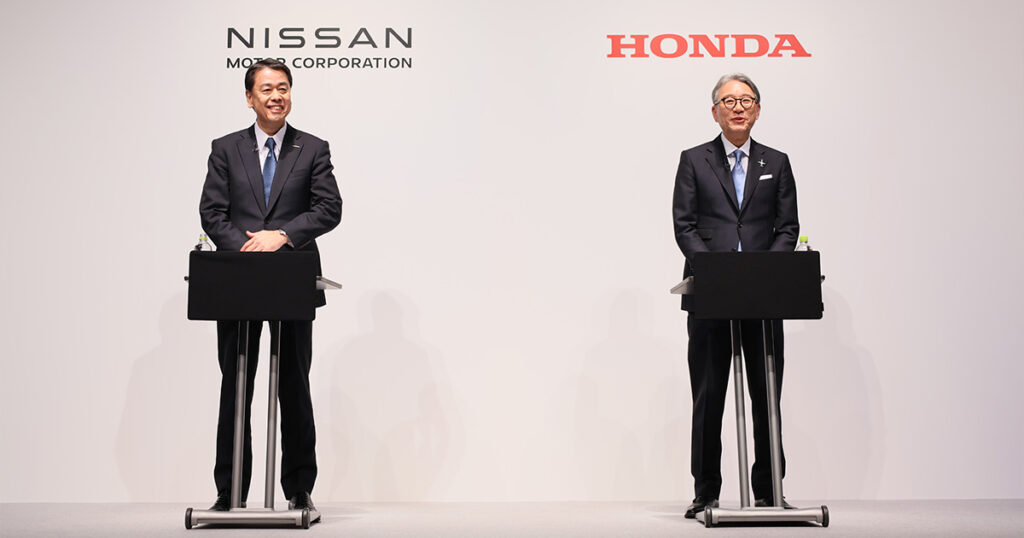
This follows claims from sources close to the merger talks the Nissan boss displayed misplaced pride and insufficient alarm over the firm’s dire financial predicament.
The same insiders claim Honda will re-start the merger talks with Nissan, but only if Uchida has gone.
Honda, which is worth five times as much as Nissan, has reportedly expressed it is keen to proceed with negotiations behind-the-scenes.
But that would only happen with a new Nissan boss installed who is more willing to “manage internal opposition”.
The shock revelation comes just days after Honda CEO Toshihiro Mibe’s declaration that there were no plans to launch a hostile takeover bid for failing Nissan.
Since the Honda-Nissan deal formally fell over with coinciding announcements from both parties as well as Mitsubishi on February 13, Nissan has been linked to talks with Taiwan’s Foxconn, although the electronics giant announced it wasn’t interested in a merger.
Nissan, meanwhile, says it is confident its own turnaround plan will be successful.
That involves the axing of more than 9000 jobs and the closure of plants and the reduction of global production by 20 per cent.
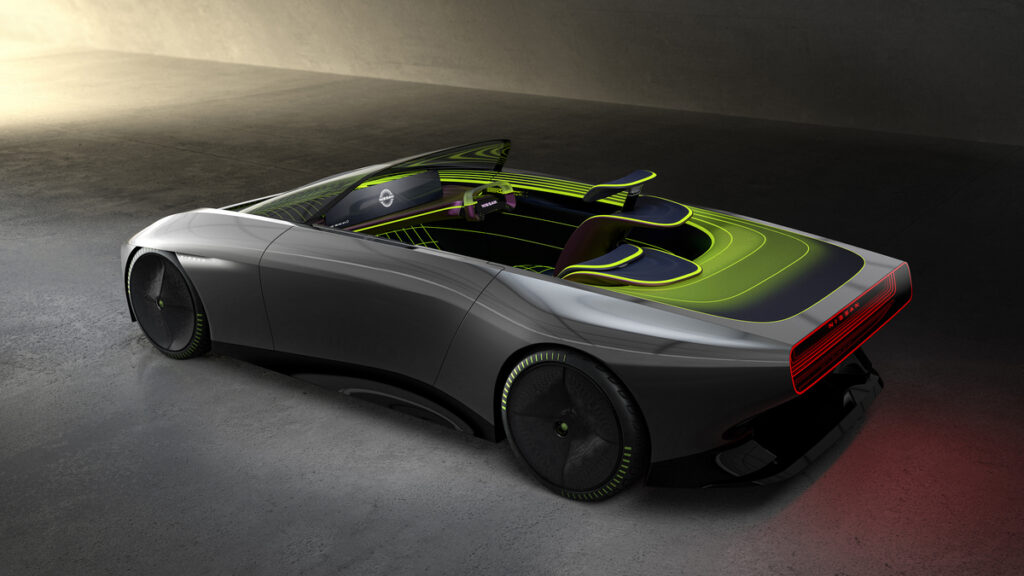
According to the Financial Times, Uchida has already said that he hopes to stay at Nissan until at least 2026 but is now under pressure to step down.
French partner Renault and some board members are reported to be applying that pressure and are reported to have been angered following the failure of the merger with Honda.
It’s thought the Nissan’s board of directors have already triggered informal discussions that will provide a timeline for Uchida’s removal from the top job, paving the way for the restart of Honda’s takeover/merger bid.
Newly-promoted Nissan Global Chief Performance Officer Guillaume Cartier has already been touted for the top job, although Japan Inc. might be wary of installing a westerner when Carlos Ghosn’s time as boss ended with him under arrest, then escaping and now on the run in Lebanon.
Originally, Nissan and Honda were motivated to join forces over the ability to pool resources and share the huge cost of developing its next-generation EVs.
The merger of the two brands has been heralded as the only way the Honda and Nissan can challenge the likes of both Tesla and the looming threat of Chinese car-makers like BYD.
Other advantages include streamlining both brand’s global manufacturing capability and slashing backroom costs, which would help the group stump up the cash needed to become a real player when it comes to EVs.
Additional resources could also be devoted to developing software-defined vehicles and driverless tech need to keep pace with its rivals.

